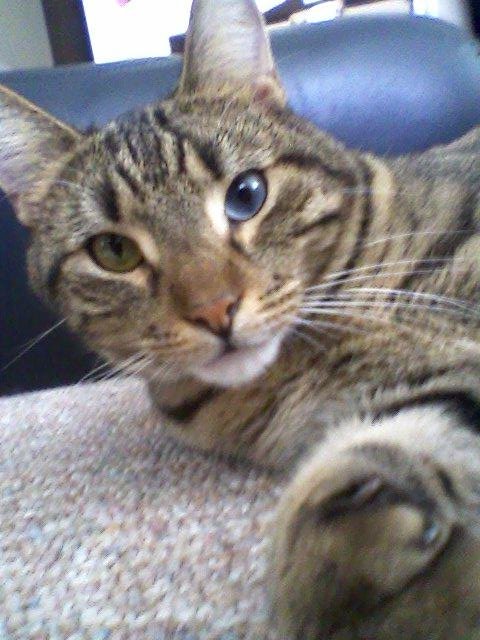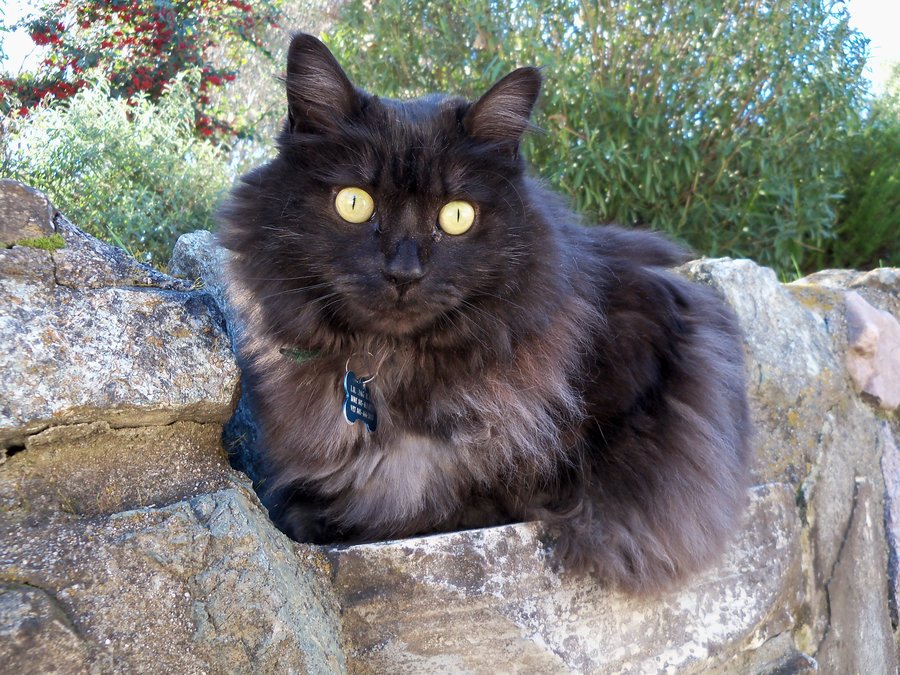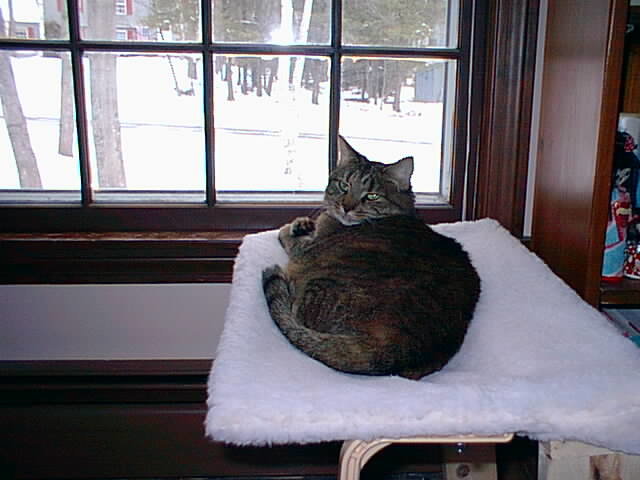- Joined
- Feb 27, 2014
- Messages
- 29
- Purraise
- 2
I have a question... I have a 7 year old boy named Tiger. He is overweight. He is on a weightloss feeding regimen (amount based on packaging and I also talked to his vet about the amount of food he is allowed to eat) but he is not losing. He is about 18.1 lbs I believe the last time he was weighed (around Jan.)
When he went to the vet last Oct. the vet expressed his anal glands. She did not say anything to me about it. I just found it on my bill (was frustrated with that). I talked to the receptionist later and she said my vet noted the glands were full and they may need to be done again in 6 months). Part of me says if this was an issue why didn't she say something at the visit.
Okay I guess my question is yesterday Tiger was acting like his bum was bothering him? Just his like irritated meow and then he will try to clean his bum. He can't reach. So yesterday I took a wash cloth and did a light wiping. It didn't bother him. He is not more dirty down there than my other 2 kitties.
Should I be worried about this? He goes to the bathroom regularly, no diarrhea or constipation. He goes to the bathroom once a day usually after the dinner or bedtime meal. (all three of my kids go around the same time lol) I know all their bathroom goings because I scoop usually right when I hear them in the litter box.
Anyone have any anal gland problems or advice?
Here is a picture of my big guy.
This first picture is one of my favorites of him, it shows his Beautiful Eyes! The second picture was taken the beginning of March.
When he went to the vet last Oct. the vet expressed his anal glands. She did not say anything to me about it. I just found it on my bill (was frustrated with that). I talked to the receptionist later and she said my vet noted the glands were full and they may need to be done again in 6 months). Part of me says if this was an issue why didn't she say something at the visit.
Okay I guess my question is yesterday Tiger was acting like his bum was bothering him? Just his like irritated meow and then he will try to clean his bum. He can't reach. So yesterday I took a wash cloth and did a light wiping. It didn't bother him. He is not more dirty down there than my other 2 kitties.
Should I be worried about this? He goes to the bathroom regularly, no diarrhea or constipation. He goes to the bathroom once a day usually after the dinner or bedtime meal. (all three of my kids go around the same time lol) I know all their bathroom goings because I scoop usually right when I hear them in the litter box.
Anyone have any anal gland problems or advice?
Here is a picture of my big guy.
This first picture is one of my favorites of him, it shows his Beautiful Eyes! The second picture was taken the beginning of March.







